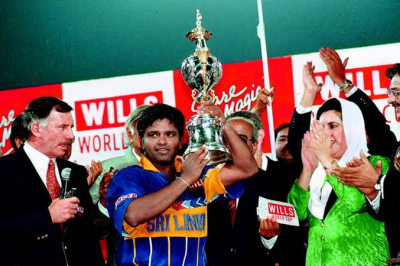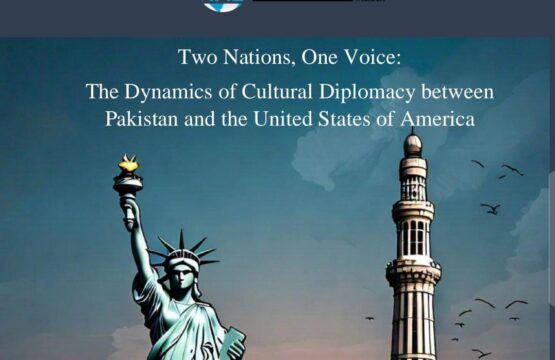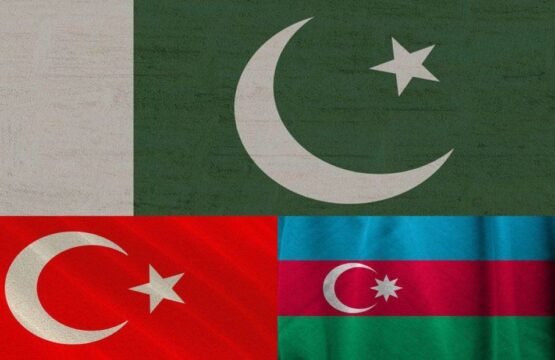The cricketing world is ablaze with controversy as the International Cricket Council (ICC) imposes a ban on Sri-Lanka, echoing a similar fate suffered by Zimbabwe. Allegations of political interference have cast a shadow over these cricketing nations, prompting a barrage of questions regarding the ICC’s consistency in handling such matters. This article delves deep into the intricacies of these bans, shedding light on the paradoxes within the ICC’s regulatory framework. The timing, amid the ongoing World Cup 2023, adds a layer of urgency and complexity to the unfolding narrative surrounding a nation that boasts two-time World Champions, five-time World Cup finalists, and six-time Asia Cup winners.
The Sri Lankan Quandary: Political Intrusion or Administrative Overhaul for Cricket Giants?
Sri Lanka, a formidable force in cricket, finds itself grappling with the aftermath of political interference. The government’s takeover and subsequent alterations to administrative procedures have sparked controversy, leading the ICC to suspend Sri Lanka from international cricket. This move raises questions not only about the severity of the punishment but also about the precedent it sets for other nations facing similar challenges. The cricketing powerhouse, having clinched the World Cup twice, now stands at the center of a storm that threatens to overshadow its illustrious cricketing history, with the ban being enforced even as the World Cup 2023 progresses.
Afghanistan’s Unorthodox Stance: A Gendered Ban Under ICC’s Nose
In an unexpected turn of events, the Afghan government assumes control of cricket, swiftly imposing a ban on women’s participation—a blatant violation of ICC rules. Surprisingly, the ICC’s response leans towards nonchalance, raising questions about the governing body’s true priorities. The paradox deepens as Afghanistan’s infractions appear to be met with indifference, in stark contrast to the stringent measures witnessed in Sri Lanka. The dichotomy in the ICC’s approach further highlights the inconsistency in dealing with political influence, leaving the cricketing community in a state of perplexity amidst the World Cup frenzy.
A Question of Security: The Indian Conundrum and the Ongoing Debate
Amidst the tumult, a pivotal question emerges, pointedly directed at the ICC. Why does the Indian cricket team abstain from playing in Pakistan? Is it rooted in security concerns, especially when other teams readily engage in matches on Pakistani soil? The mystery deepens as the ICC’s response, or lack thereof, comes into focus. Speculation abounds regarding whether the avoidance is a result of genuine security apprehensions or entwined with political considerations. The cricketing world awaits a clear and unambiguous stance from the ICC on this matter, particularly as the debate intensifies around a two-time World Champion’s reluctance to engage in cricketing contests in specific regions.
Inconsistencies Unveiled: A Call for Transparency Amidst Cricketing Achievements
As the ICC’s actions unfold in response to political interference and administrative changes, a glaring lack of consistency comes to the fore. The divergent treatment of Sri Lanka and Afghanistan raises uncomfortable questions about the ICC’s commitment to upholding the integrity of the sport. The cricketing community, hungry for transparency and fairness, demands answers. Is the ICC wielding its authority selectively, and if so, at what cost to the credibility of international cricket? As the ICC grapples with these challenges, Sri Lanka’s impressive cricketing resume, boasting two World Championships, five World Cup final appearances, and six Asia Cup victories, adds another layer of complexity to the ongoing debate, particularly when the ban is enforced amidst the World Cup 2023 in progress.
Also Read: Pakistan beats New Zealand
Within the intricate tapestry of international cricket, the recent bans on Sri Lanka and the peculiar stance towards Afghanistan pose a perplexing puzzle. As questions persist, the cricketing world looks to the ICC for decisive and transparent action. The nuances of political influence, security concerns, and gender-based bans underscore the need for a consistent and unwavering regulatory framework. The future of cricket depends on the ICC’s ability to navigate these complexities with precision and uphold the spirit of the game, untainted by the shadows of political machinations, especially when dealing with cricketing giants like Sri Lanka, a nation that has etched its name as a two-time World Champion, five-time World Cup finalist, and six-time Asia Cup winner. The backdrop of the ongoing World Cup 2023 only adds urgency and intensity to this cricketing saga.







